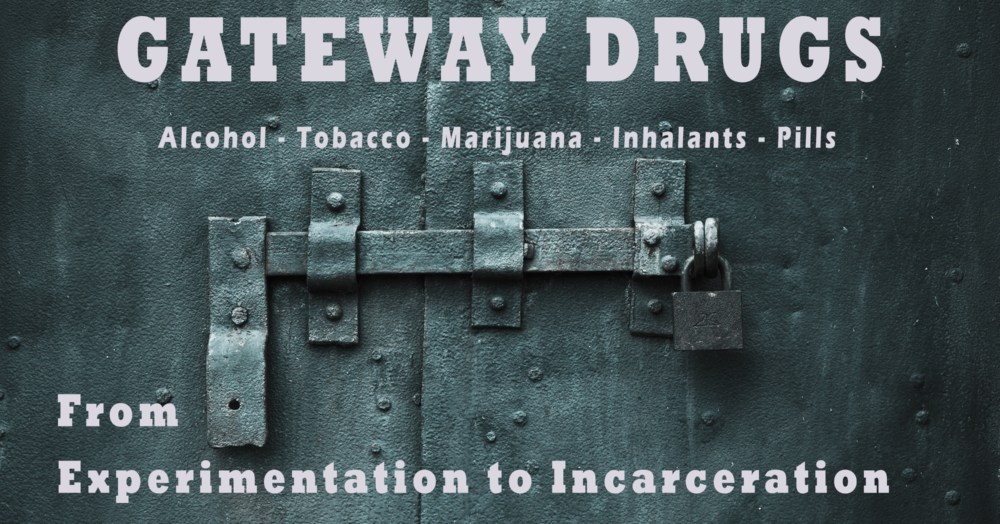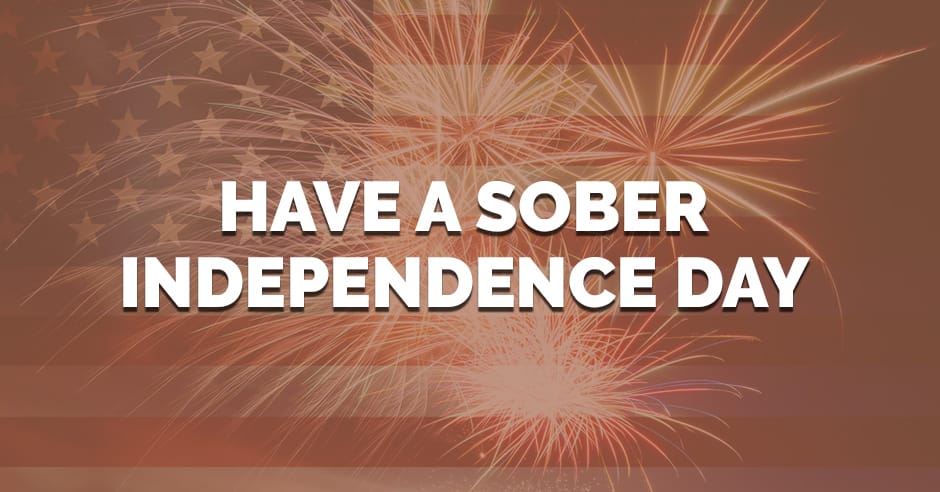Self-medication is when someone tries to make themselves feel better by using things like alcohol or illegal drugs. You know how when you have a headache, you might take medicine to feel better? Well, sometimes people use things like alcohol or drugs to try to feel better emotionally, not just physically. But the problem is, it doesn’t really work the same way.
Imagine you’re feeling sad or upset because of something happening in your life, like problems at school or with friends. Instead of talking to someone or finding healthy ways to cope, some people might choose to drink alcohol or use drugs to forget about their feelings or feel happier. They think it will help them feel better, at least for a little while.
But the thing is, using alcohol or drugs to cope with feelings isn’t a good idea. It might make you feel better for a short time, but it can make things worse in the long run. In the first place, it’s not a real fix. Just like putting a band-aid on a broken arm won’t really help, using alcohol or drugs to numb your feelings won’t fix what’s really bothering you. It might seem like it helps at first, but those feelings will still be there when the effects wear off.
More importantly, it can be dangerous! Alcohol and drugs can make you feel dizzy, sick, or even make you pass out. They can also mess with your brain and body, especially if you’re still growing and developing. Using them when you’re not supposed to or in large amounts can be really risky and lead to even more problems. It can affect your relationship with your family and friends, your schoolwork, and even your health. Plus, if you rely on alcohol or drugs to cope, it can be hard to stop using them later.
Instead of turning to alcohol or drugs, it’s important to find healthy ways to deal with your feelings. Talking to someone you trust, like a parent, teacher, or counselor, can really help. You can also try things like exercise, drawing, writing, or listening to music to help you feel better.
Remember, it’s okay to feel sad, stressed, or angry sometimes. Everyone goes through tough times. But using alcohol or drugs to try to escape those feelings isn’t the answer. It’s important to find healthy ways to cope and get the support you need when you’re feeling down. You’re not alone, and there are people who care about you and want to help.
CJ Crawford – DrugFree Greenville Board Member
DrugFree Greenville Public Education Committee

